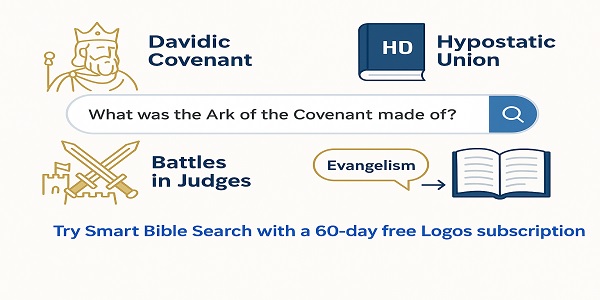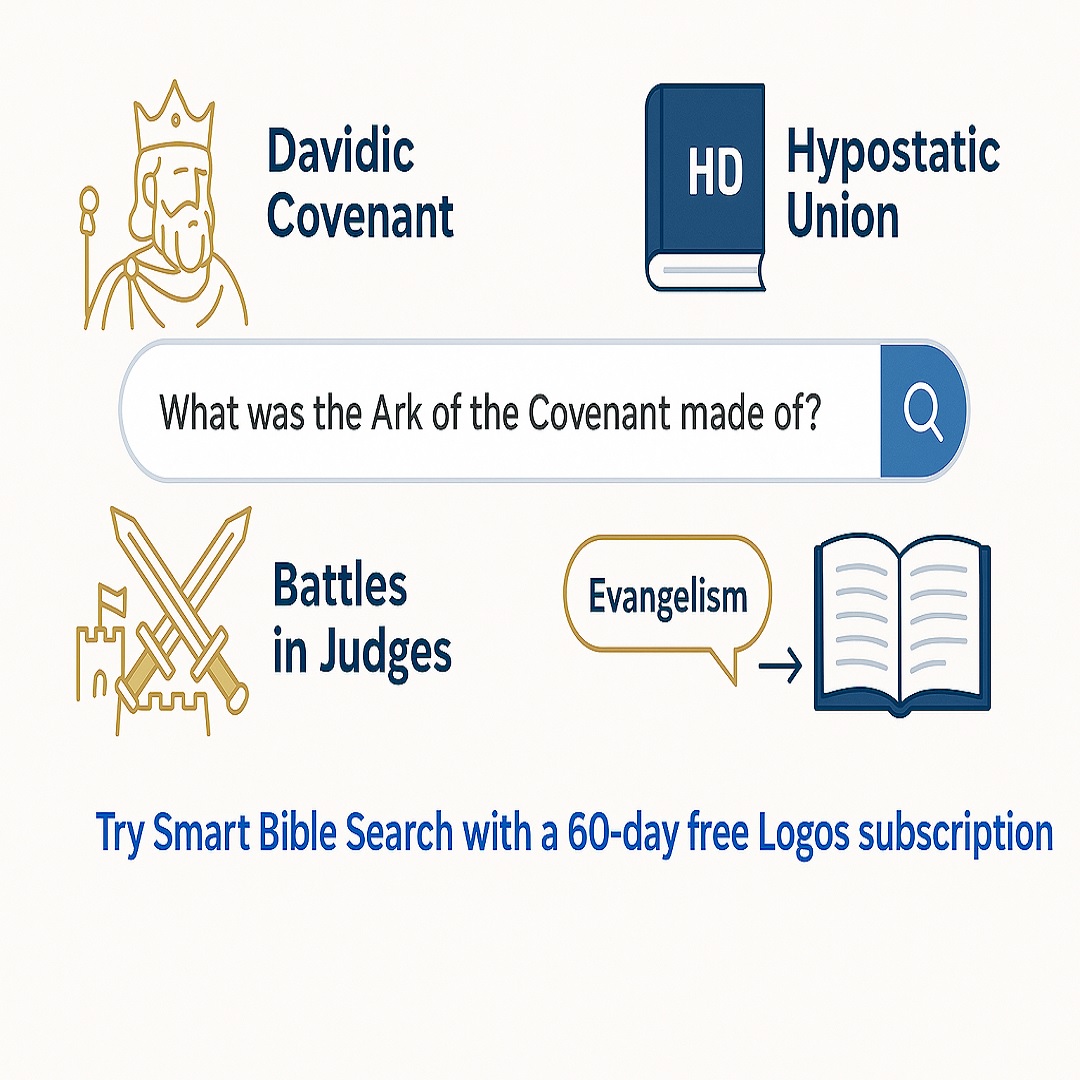Having given an overview of the letter to the Ephesians, let’s now take a deeper look.
Paul’s Authority and Blessing
In these first 2 verses, Paul establishes his authority and gives his blessing.
1 This letter comes from Paul, an apostle of Christ Jesus according to God’s will, to the Christians* in Ephesus and those who trust in Christ Jesus. 2 Grace and peace to you from God our Father and the Lord Jesus Christ.1
Paul The Apostle
1:1 “This letter comes from Paul, an apostle of Christ Jesus according to God’s will,
Paul begins by stamping his authority on this letter. The importance of this will become increasingly apparent as the letter proceeds.
1:1 (Cont.) “to the Christians* in Ephesus and those who trust in Christ Jesus.”
Having made clear his authority he skilfully states the purposes of his writing in a blessing. He outlines the main themes he is going to cover. As alluded to in the overview blog post, “a number of the earliest and most important manuscripts omit “in Ephesus,” though it is hard to make sense of the line without this phrase (cf. RSV, “to the saints who are also faithful”).2 Nevertheless it is obvious that this letter was intended to be circulated to the churches. Therefore it is addressed as much to us today as to the early church.
Holy Ones – Saints
“Christians”, hagios (ἅγιος) – “holy ones” or “saints”. The word refers to someone set apart from the secular for religious purposes. In the time of Paul, unlike today’s tendency, it is not exclusively a Christian or Jewish word. This may be scandalous to our modern way of thinking. But not to the readers.
A Version Of The Aaronic Blessing
1:2. “Grace and peace to you from God our Father and the Lord Jesus Christ”
With his authority established and his purpose clearly stated Paul’s blessing expresses love and concern for the readers. It is a version of the Aaronic Blessing. (“The Lord bless you and keep you; the Lord make his face to shine upon you and be gracious. to you; the Lord lift up his countenance upon you and give you peace” 2).
“Grace” is introduced. It will become a key subject throughout the rest of the epistle. It could be considered a subtitle except it is not subordinate to the main themes.
“Peace” is the Greek word εἰρήνη (eirana) It comes from the Hebrew Shalom, meaning peace and wholeness. It is central in the Bible, representing God’s desire for harmony, justice, and well-being among all creation. It is so important that before we go any further you should watch the following video to help your understanding. But before you watch the video try answering the following:
Question:
What is your understanding of peace in the bible?
Does the word peace as used here have anything to do with pacifism?
Now watch the video:
https://bibleproject.com/explore/video/shalom-peace
Question:
Has your view on the biblical word peace changed?
The Triune God
This is a letter to faithful believers (loyal), brothers and sisters (saints, holy ones) in the family of Jesus (King Jesus, the Messiah) to learn authoritatively about living and working together (God’s purpose, in King Jesus) in and with the amazing blessings of grace and peace made available by the triune God. There is much more to discuss on this topic. We shall discuss it in upcoming blog posts.
=============================
1English: Free Bible Version Provided by: Free Bible Ministry, Inc. and open.bible, licensed under CC BY ND Published:
2W. Hall Harris III et al., eds., The Lexham English Bible (Bellingham, WA: Lexham Press, 2012).


 Search The Bible the way you have always wanted to.
Search The Bible the way you have always wanted to.


 The most complete Bible study Platform. Start you Free trial Now!
The most complete Bible study Platform. Start you Free trial Now!

